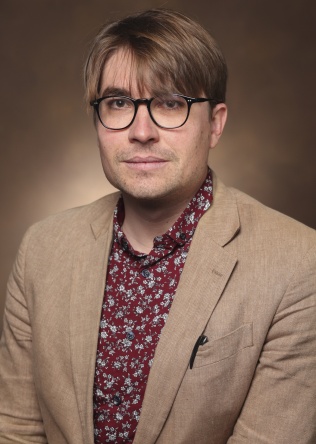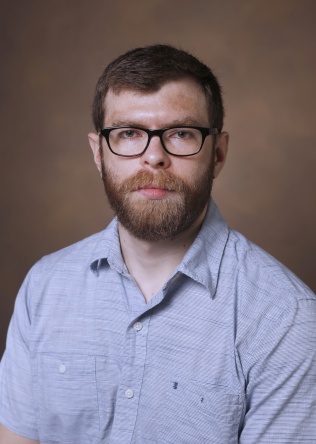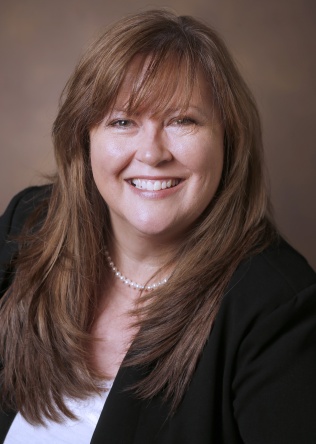Luke Myers
Luke Myers is a data analyst in the VVC. Luke has a Bachelor’s in Philosophy from the University of Oregon and transitioned into IT work with a focus on databases and Linux systems soon after graduating in 2010. When he is not thinking about data integrity and analytics, his interests include the science behind photography and how we make meaning.





